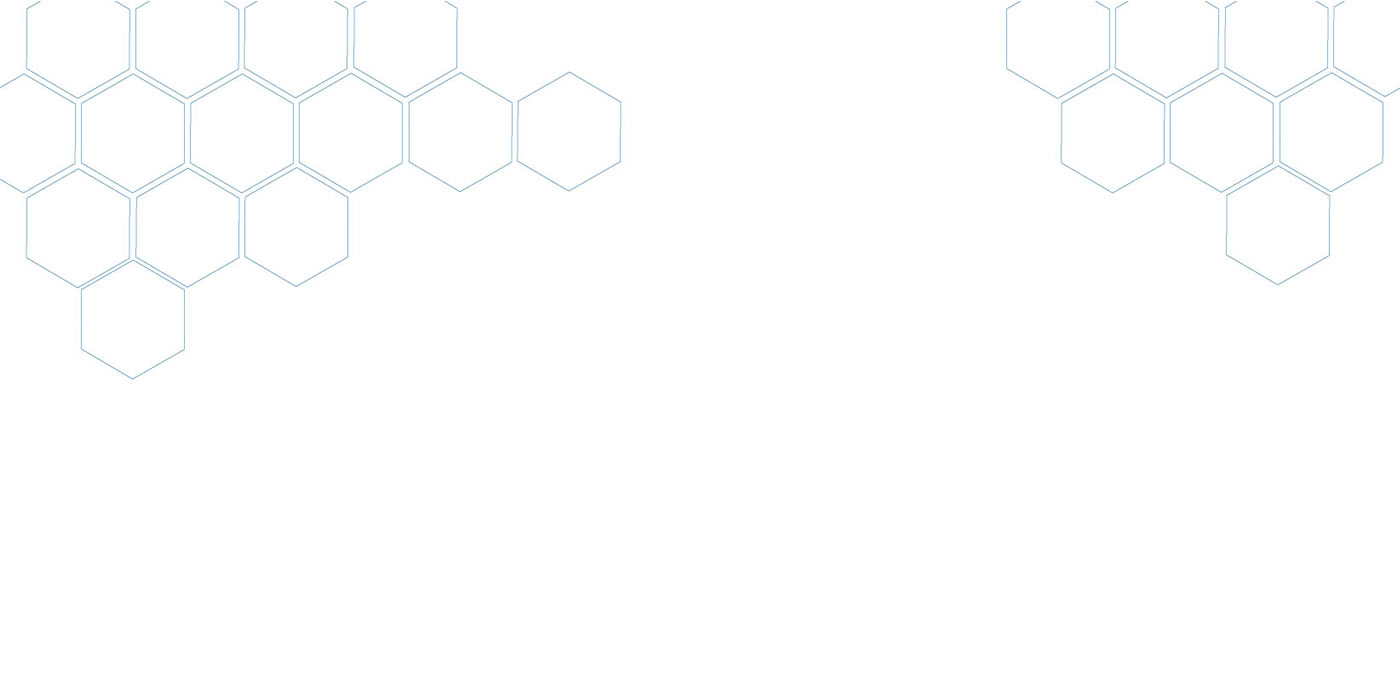Institute's Program to Raise STEM Scores in Indiana High Schools Wins Grant
The Indiana Commission for Higher education has awarded a $267,000 grant to support the teacher development work of the Advanced Placement Training and Incentive Program for Indiana (AP-TIP IN), a STEM-disciplines learning initiative administered by the University of Notre Dame.
AP-TIP IN, directed by Karen Morris in Notre Dame’s Institute for Educational Initiatives, will use the additional funding to sustain its innovative professional development for Indiana educators. Conferences and other collaborations with public high school teachers will help their students earn college credits in science, math, and English courses at participating schools statewide.
Training programs spanning the full year engage educators to improve the test results of an increasingly diverse pool of students encouraged to take courses leading to select College Board Advanced Placement (AP) exams. Three years of test-score results from this model of training and incentives have shown significant gains in the college credits earned.
In the latest school year data, more than 2,500 students in AP-TIP IN schools achieved a score of 3, 4, or 5 on nearly 3,500 College Board AP® math, science, and English tests, thereby becoming eligible for college credits for those courses. Over three years of the program, more than 12,000 students took nearly 18,750 AP tests in these subjects; about 4,900 of those students earned 7,600 credit-eligible scores.
Notre Dame’s implementation of the AP-TIP IN program—currently in 30 Indiana public high schools— follows a model now used in several states and established by the National Math and Science Initiative (NMSI). This non-profit group of STEM-based corporations, along with other private and public funding sources, aims to help students and teachers build a future American workforce ready for technological competitiveness and economic strength.
Contact: Bill Schmitt, Institute for Educational Initiatives, / 574.631.3893
Originally published by Bill Schmitt at iei.nd.edu on September 28, 2015.


